How Outsourcing Data Collection Services May Benefit You
Increased Productivity – While you can manage data gathering in-house, it is a time-consuming process that would necessitate upscaling and, as a result, would eat a significant portion of your budget and resources. Outsourcing these services allows you to not only save time but also offer high-quality results.
Focusing on Core Business Goals – In-house data collection risks diverting focus away from essential corporate goals and onto subpar activities. Outsourcing data gathering allows your staff to focus on key skills while maximising ROI.
Skilled and Dedicated Professionals – Third-party outsourcing firms employ engineers and operators that are highly trained in the vertical and have decades of expertise.
Quality Assurance – Outsourcing businesses are known for upholding the highest accuracy standards with no compromises.

















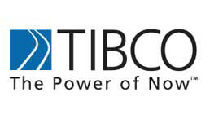
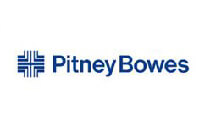

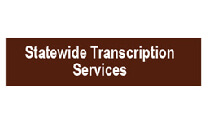
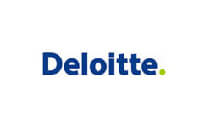









 info@triyock.com
info@triyock.com